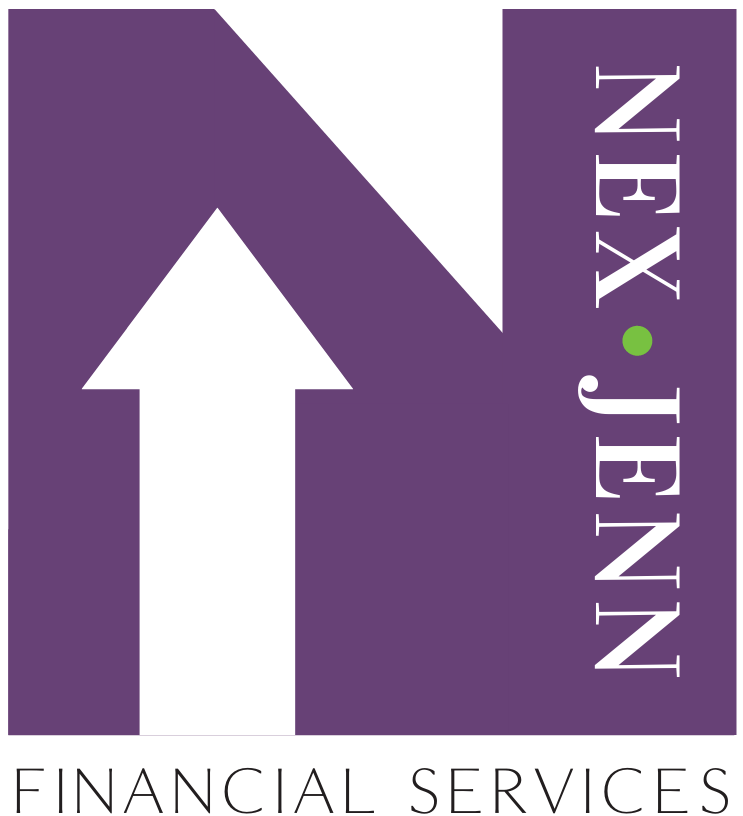Mastering Social Security in Your Financial Plan
Estimated Read Time: 5 minutes Social Security is a vital component of financial planning, offering a safety net for retirement, disability, and survivor benefits for Americans of all ages. Whether you’re just starting your career, mid-career, or nearing retirement, understanding Social Security can help you make informed decisions to secure your financial future. Beyond providing income, Social Security requires strategic planning to maximize benefits and protect against risks like identity theft, which can jeopardize your financial stability. In this blog, we will explain Social Security
